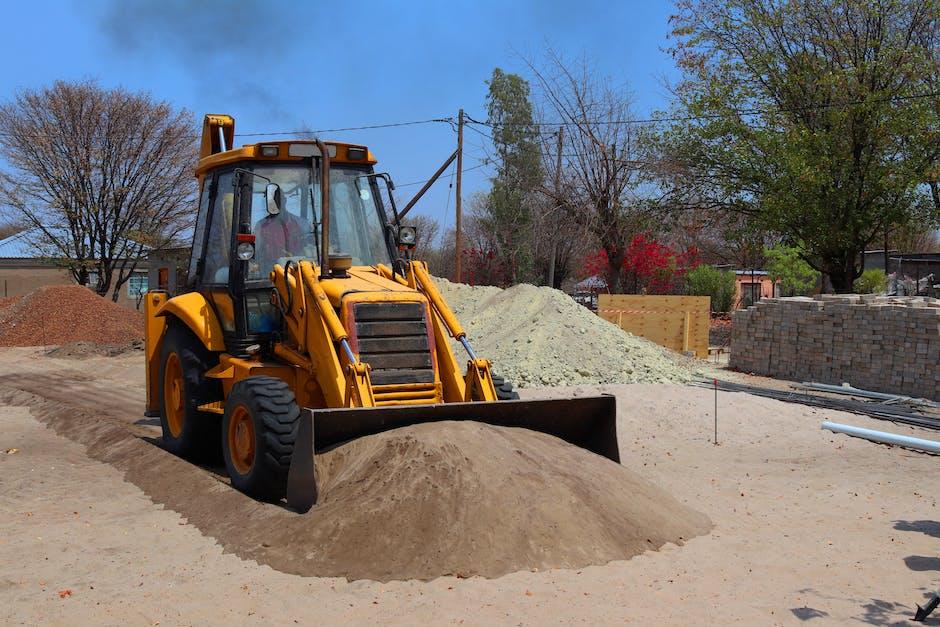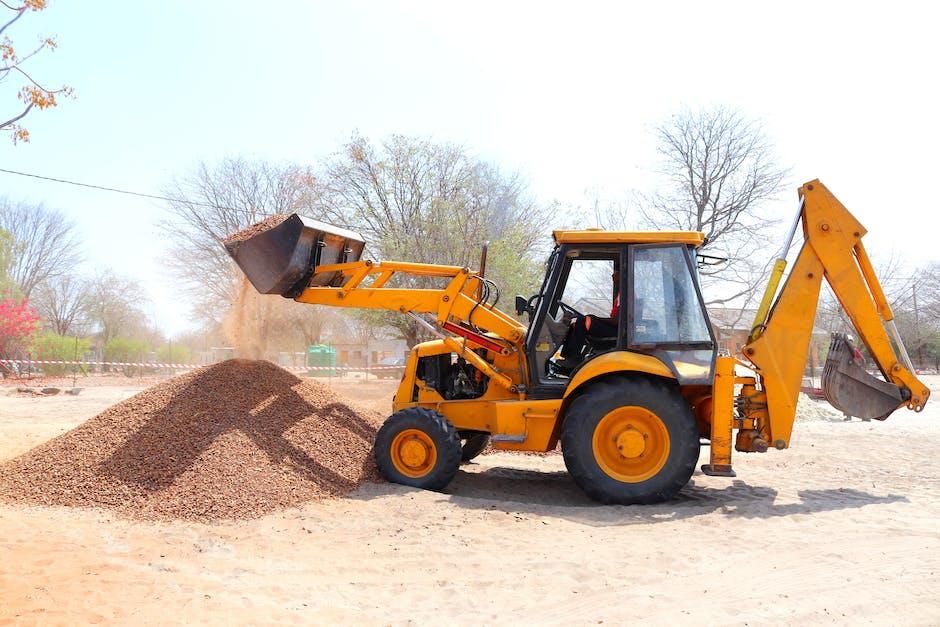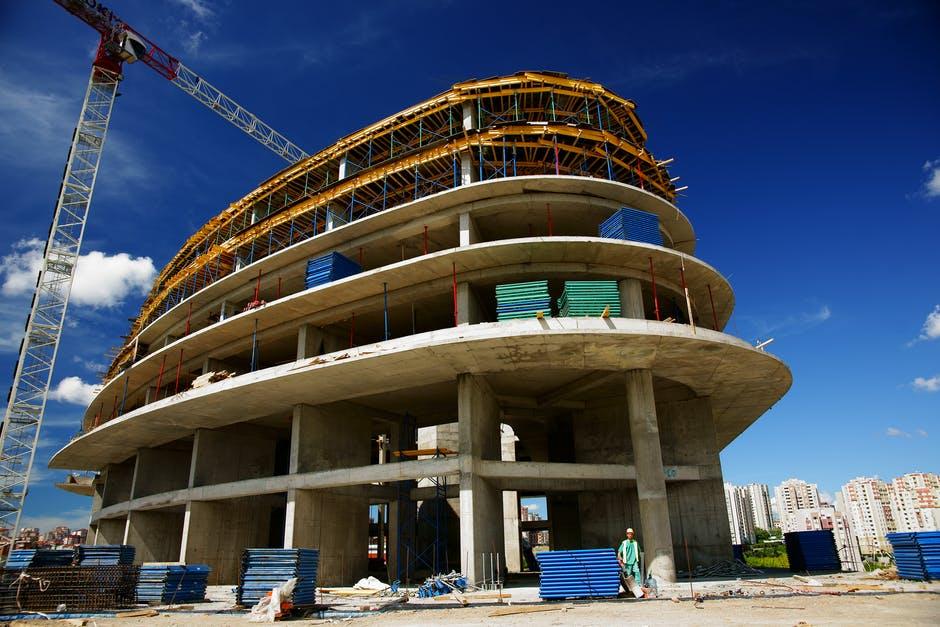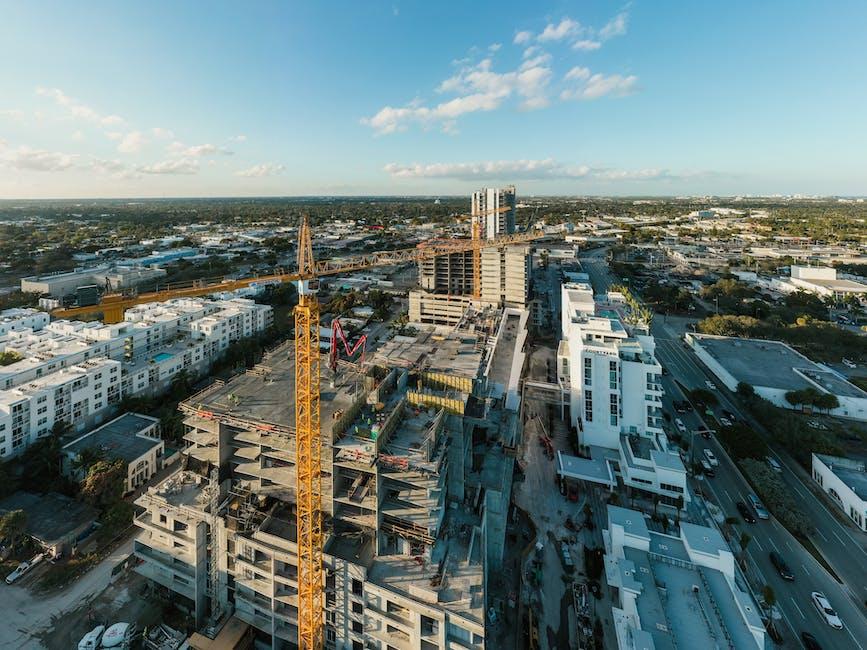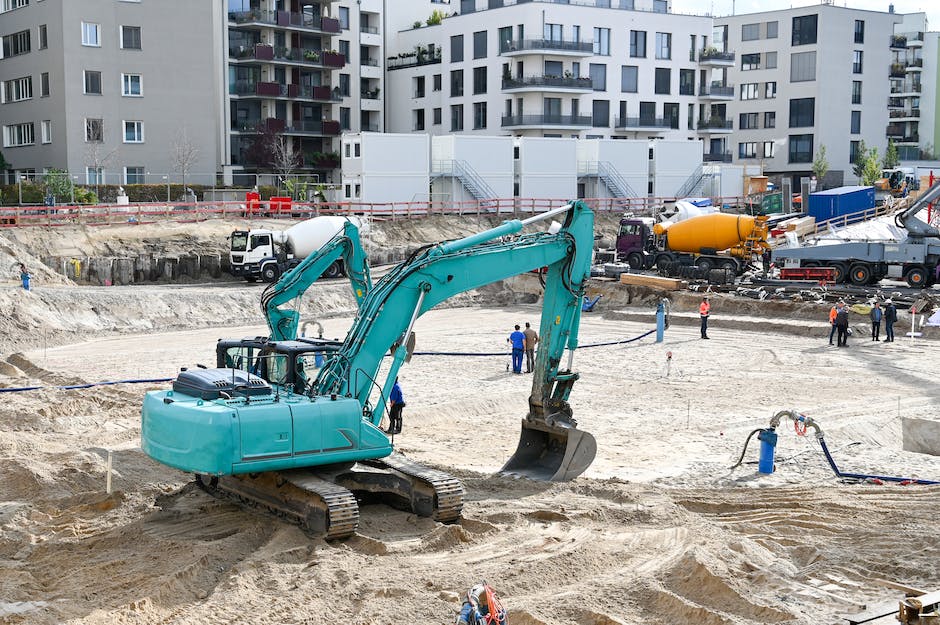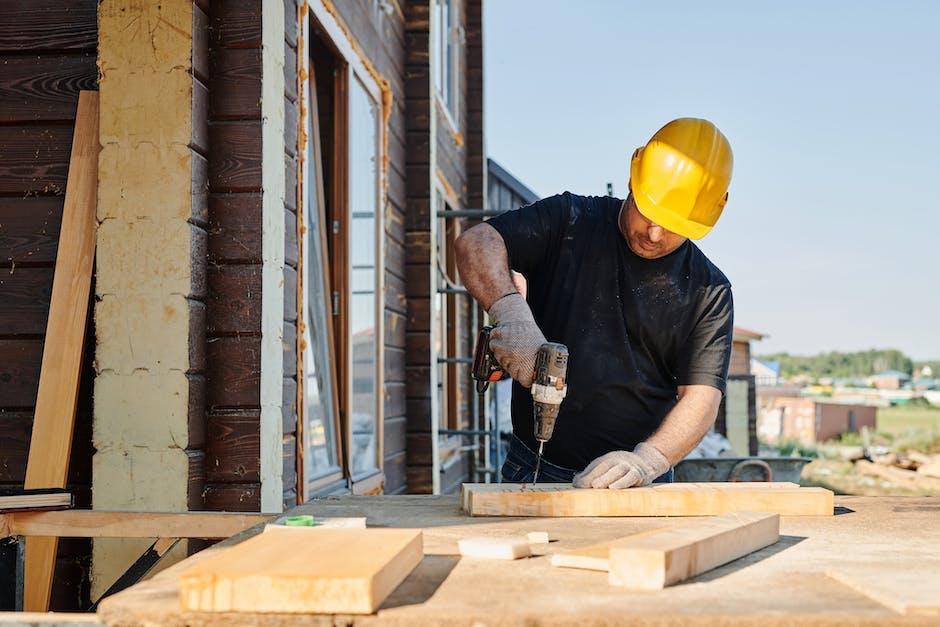The importance of signage on a construction site
There are many reasons why you should include plenty of useful signs for workers and visitors to your workplace. Here are some examples of sign-based safety programs
All companies have an official name and logo;
They often take on a unique color scheme with their branding, or they use colors indicating company ownership.
Signs that warn about dangerous chemicals, such as acids or sharp metals, are common and important.
Other warning signs can be simple and subtle, such as large letters that one might not notice until it is too late. For example, these signs may indicate a danger zone where water becomes contaminated if something falls into a sink.
Some countries require special signing for sites that have been notified by sick people who work there. These signs remind employees of the dangers of noise pollution and dust exposure.
Different types of signage
There are many different ways to get information across a construction site. Standouts include large signs that can be seen from far away, smaller ones that are hard to miss, and fliers.
There is an abundance of waystations placed throughout a jobthat’s designed to help workers communicate. These stations contain various tools such as electronic message boards, work order kiosks, and whiteboards for sharing ideas.
But what if you could have a whole room filled with everything needed to manage projects? Or a wall full of small posters that can be used to explain designs or new procedures?
That’s where Wayfinder Systems comes in. The company creates content-rich digital guides that make it easy to find things in your workspace.
Wayfinder has several versions of its software, but one of the most popular is called Floorside. This program does exactly what it sounds like it would do – provide guidance through a floor plan.
By using Floorside, you can organize project tasks, detect gaps, identify areas that need extra attention, and uncover issues that may affect the entire team. It also helps keep track of time so people don’t spend too much time talking about something meaningless.
Consistent signage improves visibility
Visibility is one of the most important factors in safety on any construction site. Without adequate visibility, people can be put at risk by moving vehicles or materials that they should have known were there.
Consistency is what makes something visible. If you think about it, consistent shapes are more noticeable than not-so-consistent ones.
For example, if you look out of the window behind which letter the word “window” appears, you will see that it is shaped like a box with two ends.
However, if the shape of the word “window” is repeated throughout the sign “Window”, then this will make the word easier to identify and remember.
Likewise, easy-to-identify signs are much safer for pedestrians and motorists than cryptic versions of their names. A closed, opaque doorway with no name above it is much less safe than a clear sign with a simple name and number, even if the distance between the numbers is small.
Construction sites need some variation in heights and distances but otherwise all markings must comply with federal guidelines. And as previously stated, white letters on a black background are the most effective way to ensure proper visual perception.
Different ways signage can alert people to dangers
There are many different ways that signage can be used to notify people of hazards on construction sites, such as warning signs, danger flags, safety posters, and handouts.
All of these warnings have something in common: they give someone (often someone who is not familiar with the site) a way to catch sight of an impending threat.
A typical construction site has multiple facilities with various activities going on, so there’s often more than one way to call attention to a hazard. Someone might notice a sign from afar, or perhaps a coworker will mention it to them.
It’s up to each individual person to keep track of what goes on around them, and to remember to take action.
Facilities may also put up notices for all to see, or create videos and announcements for others to watch. While these methods cost money, any worker can add warnings or notifications to their area.
Signage should be designed for people to read
When you’re working, construction workers need to know what they are doing, how much it will cost, when it is time to pay someone else or if there are any laws that apply.
Good signage helps everyone work effectively and efficiently. For instance, the name of the company may be printed on all the signs at the entrance and exit of the site, but this isn’t enough.
Most employees don’t even know who the owner is, so showing your face doesn’t help you get recognized as the top dog.
Construction sites have unique issues that require specific sign design, such as safety requirements and extensive media use. Signs must also be able to withstand lots of abuse from tools and materials, and weather conditions.
Take into account direction and distance
Direction and distance are two factors that can help you determine how to get your message across.
Direction refers to the general attitude or mood of the message. You may want to inspire, motivate, or entertain.
The distance factor is about making sure that you do not miss any critical points with the audience. The more distracted they are, the less likely you are to gain their trust.
Distance depends on the type of event being advertised. For example, let’s say you are advertising an office coffee machine. It would be appropriate to place signs around the building identifying its location (e.g., where it is, who made it, etc.).
On the other hand, if you were advertising a trade show, then perhaps putting signs in the parking lot indicating what time it starts will suffice.
Use high contrast colors
High-contrast colors are colors that stand out easily; this is how professionals identify objects in your field of vision. Large, bold fonts also make something appear more dramatic or official.
Colorful signage provides visual interest for people walking by, but it also raises an important question–is the content of the sign relevant to the viewer? Relevance comes into play when you’re choosing signs for a construction site. More often than not, visitors to a work site will be taking notes about what they see as they prepare to do business there.
A large yellow warning sign with “Danger – Wet Floor” could potentially scare away potential clients, while a small note explaining that the floor was repaired recently would probably keep them coming back. The relevance factor makes a difference between whether or not someone is going to spend money here.
Construction sites need a lot of traffic, so try using bright colors and big letters to draw attention. It can work well if you have several smaller signs instead of one bigger sign.
Use large letters
When people drive or walk by a construction site, they often don’t know what the business offers until they stop in for a chat. The name of the company may be small on the mailbox, or it might have a simple sign that is difficult to see from the road.
Constructing a signature logo can cost hundreds if done professionally. But there are many free sign options online such as Canva’s sign-up page.
These signs act like a giant billboard, letting potential clients know who you are while also being visually appealing. Large type also makes it easier to read which helps when you need to catch someone’s attention.
If you use letter form, make sure it is legible at any distance. Most companies hire professionals to create signage leading up to their entrance, but these guys can do double shifts if needed.
Use directional signage
Directional signage is important because it tells people where they are coming from, what direction they should go, and how far they have to walk. It also helps contractors and architects visualize the layout of their projects.
Without good directional signage, workers may not know whether they are in a straight line or if they need to make a right or left turn. This can cause confusion and frustration for everyone involved.
Directional signage can be structured into different forms depending on the type of project. There are many ways to organize directional signage.
When designing a workplace with several facilities spread out, use of directional signage becomes even more crucial. When going forward, having some form of directional signage at the entrance of each facility will help users understand which way to proceed.
Facilities directory? Check. Safety tips? Check. All-important signs? You bet!
Table of Contents
Toggle
